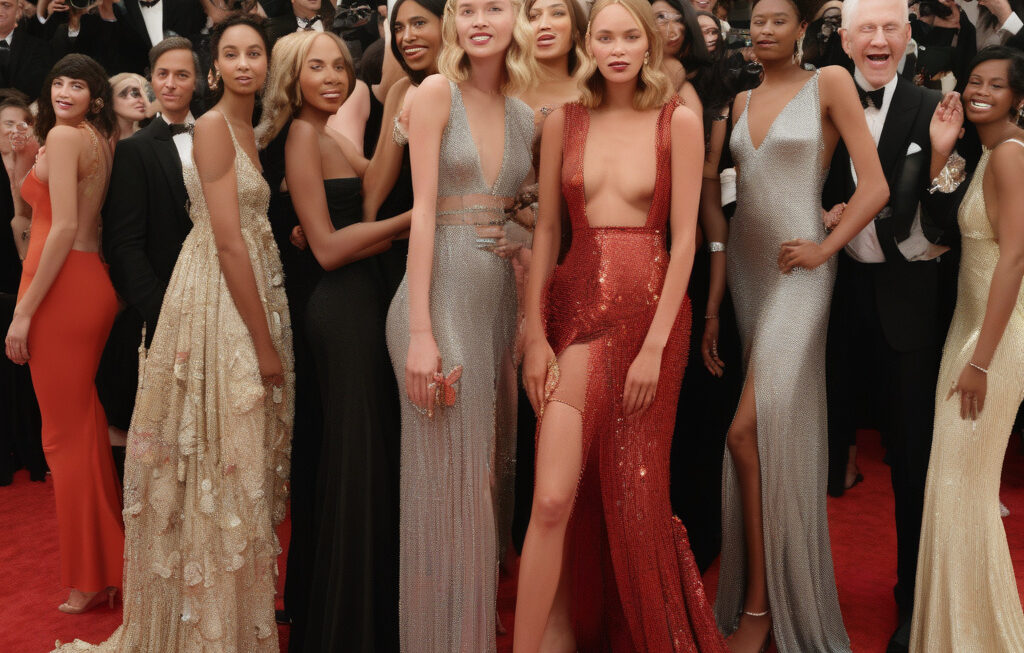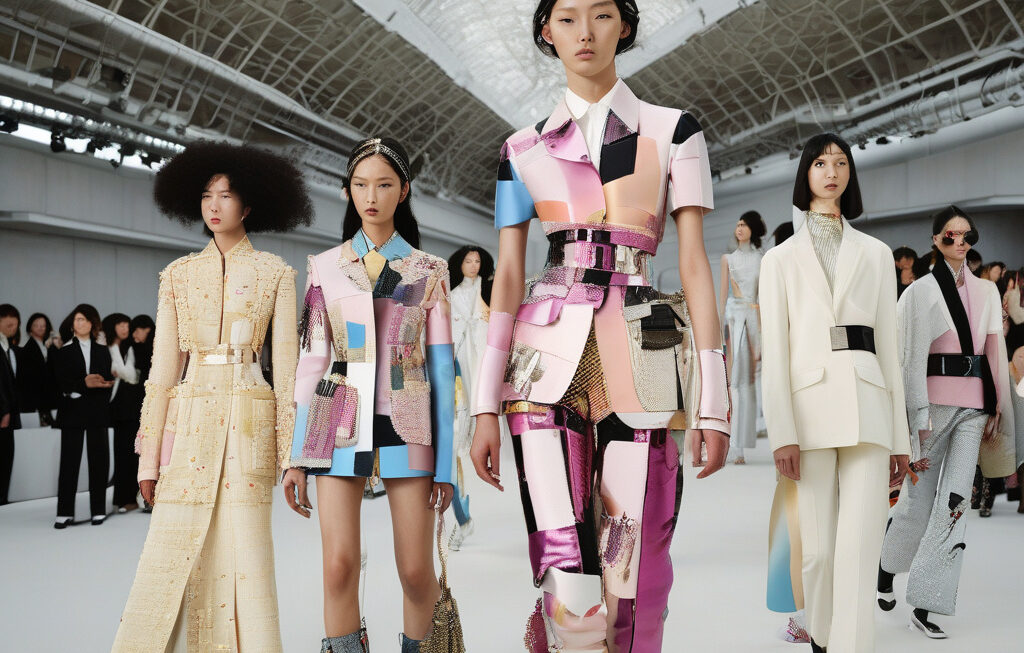Fashion Industry’s Political Neutrality Tested as Retail Sales and Trade Talks Shape Future
In a world where politics and fashion have become increasingly intertwined, the fashion industry’s newfound stance of political neutrality is now facing a critical test. As the week unfolds, the industry is striving to divert its focus from the tumultuous news cycle and instead concentrate on the upcoming fresh retail sales figures and pivotal trade negotiations that will ultimately define its trajectory for the remainder of the year.
Amidst a landscape where brands and designers are under growing pressure to take a stand on social and political issues, many have chosen to adopt a neutral stance, aiming to steer clear of controversy and maintain a broad appeal to consumers across the political spectrum. However, recent events have put this delicate balance to the test, forcing the industry to navigate the complex interplay between fashion, politics, and consumer sentiment.
With retail sales figures set to be released this week, industry insiders are eagerly awaiting insights into consumer behavior and market trends. As the fashion landscape continues to evolve at a rapid pace, these figures will offer valuable guidance to brands and retailers seeking to adapt their strategies and offerings to meet the changing demands of consumers in a post-pandemic world.
Additionally, trade negotiations will play a crucial role in shaping the industry’s future trajectory. With global supply chains already under strain due to ongoing geopolitical tensions and trade disputes, the outcome of these negotiations will have far-reaching implications for fashion brands and manufacturers around the world. From sourcing and production costs to market access and regulatory hurdles, the fashion industry is closely intertwined with global trade dynamics, making these negotiations a key area of focus for industry stakeholders.
As the fashion industry grapples with these pressing issues, it is clear that the path ahead is fraught with challenges and uncertainties. However, by staying attuned to the latest developments in retail sales, trade negotiations, and consumer trends, industry players can position themselves for success in an ever-changing and increasingly complex market environment.
In a world where the line between fashion and politics is becoming increasingly blurred, the industry’s ability to navigate these challenges while staying true to its core values and principles will be crucial in determining its long-term success and sustainability. By embracing a strategic yet nuanced approach to political neutrality, the fashion industry can continue to thrive and innovate in the face of adversity, remaining a powerful force for creativity, expression, and change in the global marketplace.
As this week unfolds, all eyes are on the fashion industry as it grapples with the intersection of politics, retail sales, and trade negotiations, shaping its path forward in the months and years to come.
Fashion, Industry, PoliticalNeutrality, RetailSales, TradeTalks












